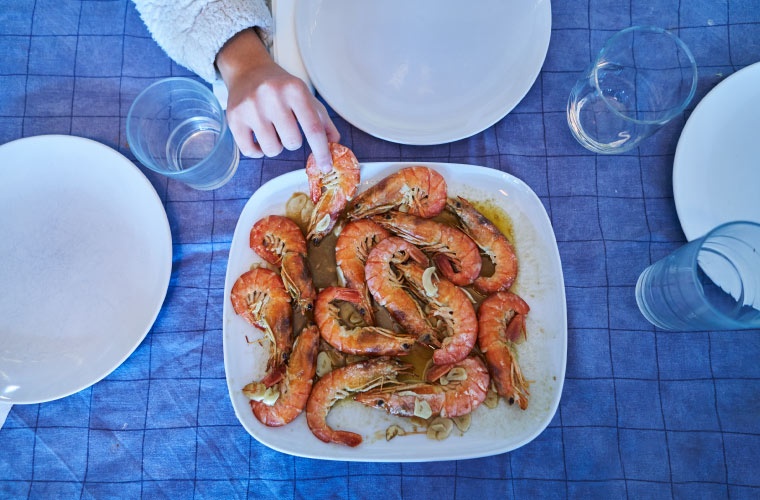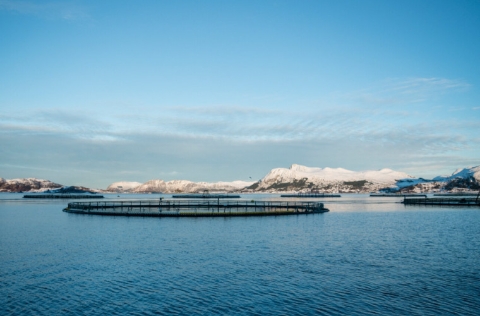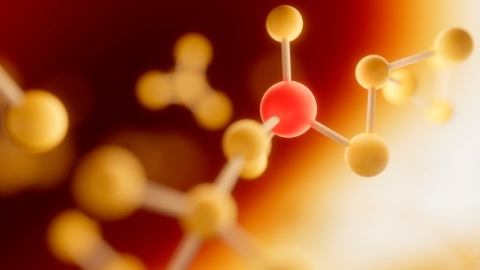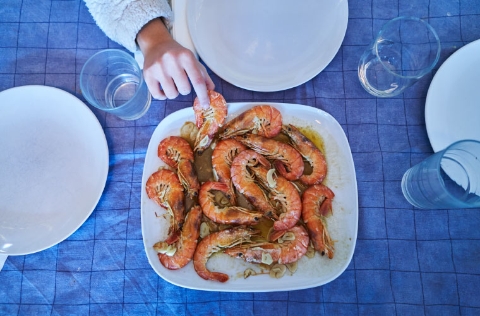
A team of researchers from the UK, Brazil, Cyprus, and India have identified a practical solution to one of the key challenges in climate policy: how to feed a growing population without increasing greenhouse gas emissions. Their answer lies in land-based aquaculture systems known as Recirculating Aquaculture Systems (RAS), which can produce food with minimal land use and a low environmental footprint.
The proposal addresses a major contradiction in the UK’s climate strategy. While the government plans to plant 30,000 hectares of new forest each year to help achieve net zero by 2050, this large-scale afforestation could displace farmland and reduce domestic food production. As a result, the UK could become more reliant on imported food-shifting emissions abroad rather than cutting them, a problem known as carbon leakage.
“RAS mitigated leakage completely and its contribution to food production was even larger when powered by anaerobic digesters,” the researchers write in their article published in Ecological Economics.
The team built a nationwide economic model using farm census data, financial metrics, and spatial analysis to evaluate the feasibility of farming shrimp vannamei (Litopenaeus vannamei) – one of the Britain’s most consumed seafoods-using RAS technology.
Their findings suggest that RAS could be economically viable on around 1.6% of Britain’s farmland and has the potential to replace up to 28% of current tropical shrimp imports. “The carbon mitigation potential of RAS-based prawn production cannot, although, ensure its adoption by British farmers. It must achieve at least the same profitability as agriculture.”
Each RAS unit takes up just 300 square metres and can produce around seven tonnes of shrimps per year, while recycling 90% of its water. It also generates valuable by-products such as chitin. In terms of productivity, “while growing king prawn, RAS generates, in a per hectare basis, fivefold more food calories than crops and forty-five-fold more than livestock.”
The system become even more sustainable when powered by anaerobic digesters, which convert organic waste into renewable energy-reducing carbon footprint and lowering operating costs. “A lower interest rate charged on loans for RAS also boosted food production, which demonstrates financial sector’s role in leakage mitigation.”
The study is part of the UK Sustainable King Prawn Project, which aims to establish a domestic, climate-smart prawn farming sector. The authors conclude that aligning afforestation, land-based aquaculture, and renewable energy policies could help the UK meet its net-zero targets without compromising food security. “The paper provides further rationale for implementing policies combining research and development and targeted subsidization as means for achieving net-zero emissions globally.”



